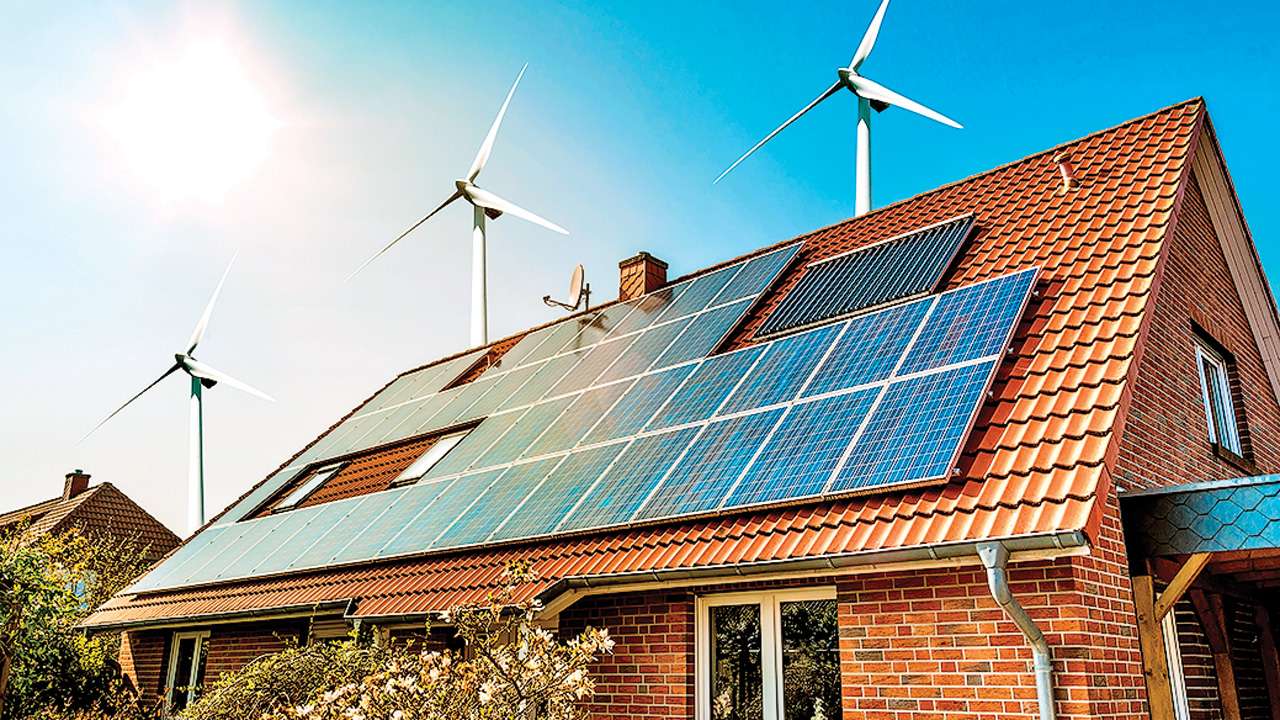
With a range of conventional sources like natural gas, oil, hydro, nuclear and coal, and non-conventional ones like solar, wind, domestic and agricultural waste, India’s power sector is one of the most diversified in the world.
Electricity demand in the country has increased rapidly and is expected to rise further in the years to come. Electrification is increasing with the support of government schemes like the Deendayal Upadhyaya Gram Jyoti Yojana (DDUGJY) and the Integrated Power Development Scheme (IPDS).
The infrastructural boom in India has opened up new vistas of opportunities. Due to increase in ongoing metro rail projects around the country, immense growth and expansion opportunities have been facilitated for companies.
Amid these huge developments, India’s power sector is on an upsurge and is witnessing changes like never before. Increasing demand for electricity is further expected to push up growth.
By achieving electrification of almost 96% of households in the last five years, the sector has witnessed phenomenal growth. Moreover, the development of railways, metro and highways will further boost demand for electrical cables.
In order to generate power from renewable energy, the government of India is running the world’s largest renewable energy programme, with plans to instal 175 GW capacity by 2022 and 500 GW by 2030, setting new expectations from the country’s power sector.
The target is to generate 100 GW from solar, 60 GW from wind, 10 and 5 GW from biopower and small hydropower, respectively.
India is currently ranked fourth and fifth globally in installed capacities for wind and solar power, respectively. However, reports suggest that at present India is not in a position to meet targets from wind and solar power, due to which several meetings are taking place to address the issues and come out with effective solutions. Many states have been asked to fast-track the bidding process too.
Furthermore, the solar industry has also sought a rise in export incentives to 10%, in addition to asking for manufacturing incentives like subsidies for capital, power, interest and duty-free import of manufacturing equipment.
In her maiden Budget, finance minister Nirmala Sitharaman emphasised on investments in manufacturing of solar electric charging infrastructure and batteries, as well as tax exemption for domestic manufacturers of solar cells, modules and electric vehicles (EVs). This is expected to bring down prices and provide a major leg-up to the renewable energy sector.
The government’s investment in railways will also help expand business by increasing demand.
In this Budget, the government has also promised to take requisite measures to eliminate the barriers that hinder the power distribution companies (discom) scheme.
Furthermore, it is expected that every single rural household will have electricity under Ujjwala Yojana and Saubhagya Yojana schemes, which will also help boost demand for companies like ours.
The finance minister even elucidated on the “one nation, one grid” plan for affordable power to states in her speech, under which imperative power reforms are to be acted upon without delay.
Focusing on the power sector, the government announced a scheme to invite global companies through transparent competitive bidding to set up mega manufacturing plants in technology areas such as semi-conductor fabrication, solar photovoltaic cells and lithium storage batteries.
However, associating with the recent budgetary allocations, a significant push is required from the government to promote investments in the rooftop solar segment, given that the installed capacity is low at 1.96 GW against the targeted capacity of 40 GW by FY 2022.
There is a need for a strong vision backed by a major policy push to promote renewable energy. The Budget has provided a chance for the government to change the face of the renewable energy industry and power it to surpass the targets for 2022.
The author is chairman and managing director at KEI Industries